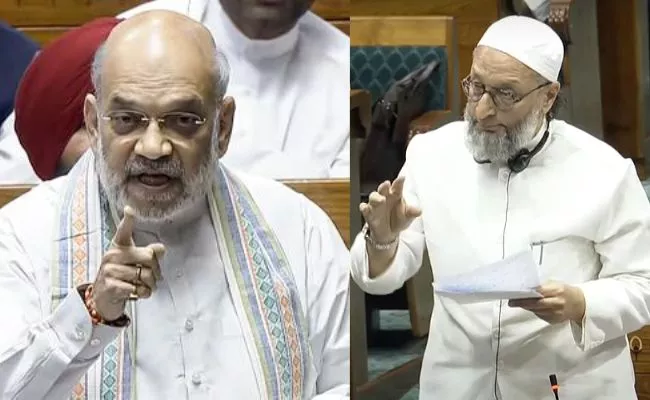Protests erupt outside Kasba Police station as 3 arrested in alleged Kolkata college gang rape
.gif)
.gif)

The Waqf Amendment Bill was passed in the Lok Sabha in the early hours of Thursday after an intense 12-hour debate that saw heated exchanges between the government and the Opposition. Despite strong resistance, the bill was cleared with a 288-232 vote at around 2 AM. The legislation will now be presented in Rajya Sabha later today for further discussion.
The proposed bill aims to amend the Waqf Act of 1995, which governs Waqf properties across India. However, several controversial provisions have led to fierce opposition. Key changes include the mandatory inclusion of two non-Muslim members in Waqf Boards and the Central Waqf Council. The bill also states that only those who have practiced Islam for at least five years can donate properties to Waqf. Furthermore, government land identified as Waqf property will no longer belong to the government, with local Collectors given authority over ownership disputes.
The Opposition strongly opposed the bill, calling it unconstitutional and alleging that it seeks to disenfranchise minorities. The Congress accused the government of staging an "4D assault on the Constitution", while AIMIM chief Asaduddin Owaisi staged a symbolic protest, claiming he was "tearing up the law like Mahatma Gandhi did" with British legislation. The Opposition also argued that the Joint Parliamentary Committee did not consider their suggestions, making the process one-sided.
The BJP government defended the bill, stating that it was not about religion but property management. Union Home Minister Amit Shah listed various properties that were declared as Waqf, including temples, government lands, and religious sites. He cited cases in Delhi’s Lutyens zone and Tamil Nadu, where Waqf allegedly took over land without proper justification. He also argued that the 2013 amendment to the Waqf Act under Congress was responsible for the current situation, handing over 123 properties in Delhi to Waqf just before elections.
Union Minister Kiren Rijiju backed the government’s stance, warning that without this amendment, even the old Parliament building could have been claimed as Waqf property. Shah further clarified that non-Muslims will not be included in the management of religious Waqf properties, dismissing Opposition claims as fear-mongering for vote bank politics.